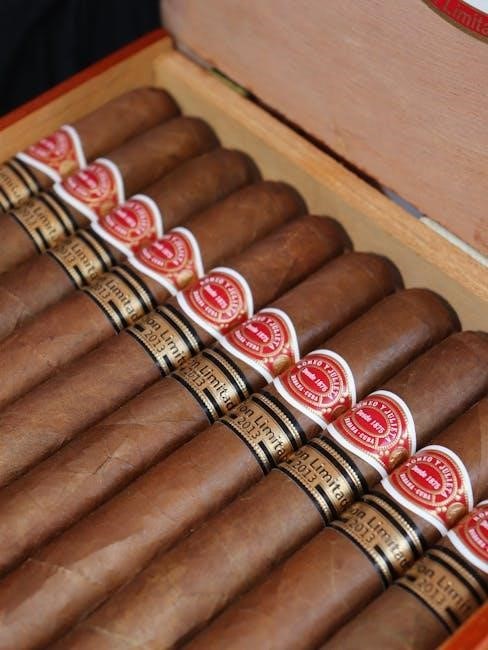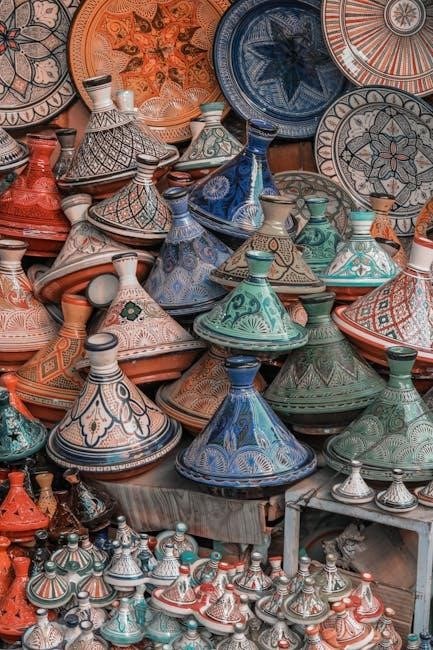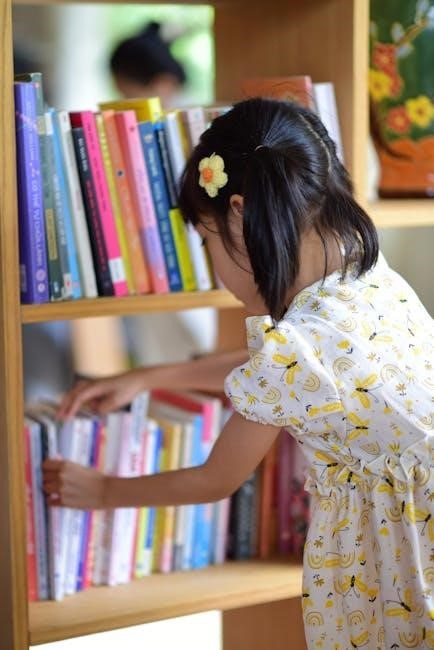
the selection the elite pdf
The Elite by Kiera Cass is the second installment in The Selection series, a captivating blend of dystopian romance and fairy tale elements. The story follows America Singer, a young girl competing for the heart of Prince Maxon and the crown of Illéa. Narrowed down to six Elite girls, the competition intensifies, and America finds herself torn between her royal duties and her lingering feelings for Aspen, her first love. Set in a futuristic kingdom with a rigid caste system, the book explores themes of love, loyalty, and societal pressures, making it a compelling read for fans of young adult fiction.
1.1 Summary of The Elite
The Elite, written by Kiera Cass, is the second installment in The Selection series, a young adult dystopian romance that captivates readers with its intricate plot and emotional depth. The story continues to follow America Singer, a strong-willed and independent protagonist, as she navigates the treacherous world of the Selection, a competition designed to choose the future queen of the fictional kingdom of Illéa.
The novel begins with America being one of the six remaining girls in the Selection, a process that has narrowed down from the initial thirty-five contestants. The competition has become increasingly fierce, and the stakes are higher than ever. America finds herself torn between her growing feelings for Prince Maxon, the charming and kind-hearted prince of Illéa, and her lingering emotions for Aspen, her first love who represents a life outside the palace.
As the story unfolds, America faces numerous challenges, both personal and political. The palace becomes a battleground of alliances, rivalries, and secrets, as the remaining Elite contestants compete not only for Maxon’s heart but also for the chance to rule a kingdom plagued by social unrest and rebellion. America’s journey is further complicated by her own identity and the expectations placed upon her by the royal family, the public, and herself.
Throughout the book, Cass masterfully explores themes of love, duty, and self-discovery. America’s internal conflicts are mirrored by the external pressures of the Selection, creating a tense and suspenseful narrative. The novel also delves into the dystopian elements of Illéa’s society, highlighting the rigid caste system and the growing threat of rebellion, which adds depth to the story and raises questions about the cost of privilege and power.
The Elite is a compelling read that keeps readers engaged with its dramatic twists, romantic tension, and character development. America’s resilience and determination make her a relatable and inspiring protagonist, while the supporting characters, including Maxon and Aspen, add layers of complexity to the plot. The novel concludes on a cliffhanger, setting the stage for the next installment in the series and leaving fans eager to discover what lies ahead for America and the kingdom of Illéa.
1.2 Background and Context
The Elite, the second book in The Selection series by Kiera Cass, is set in a dystopian, futuristic world where the kingdom of Illéa is governed by a rigid caste system. This system divides society into eight distinct groups, with the royal family at the top and the lowest caste facing extreme poverty and hardship. The story takes place in a palace where the Selection, a competition designed to choose the future queen, is underway. The novel’s backdrop is filled with political intrigue, social unrest, and the looming threat of rebellion, creating a tense and complex environment for the characters to navigate.
The Selection itself is a centuries-old tradition in Illéa, conceived as a way to unite the kingdom and provide hope to its citizens. Thirty-five girls from various castes are chosen to compete for the hand of the prince and the title of queen. This institution is deeply ingrained in Illéan culture, blending elements of reality television with the pomp and circumstance of a royal court. However, the Selection is not just a romantic competition; it is also a tool for the royal family to maintain control and stability in a society on the brink of collapse.
The world of Illéa is further complicated by the presence of rebels, who seek to overthrow the monarchy and dismantle the oppressive caste system. These rebels pose a constant threat to the palace, creating an atmosphere of fear and uncertainty. The Elite delves into the political and social tensions of this world, examining the costs of privilege and the consequences of rebellion. The palace, with its opulence and strict protocols, serves as a stark contrast to the suffering of the lower castes, highlighting the deep inequalities that fuel the rebellion.

Kiera Cass’s inspiration for The Elite draws from classic fairy tales, dystopian literature, and reality television, blending these elements into a unique narrative. The novel explores themes of identity, duty, and the struggle for power, all set against the backdrop of a sprawling, intricate world. The Elite is the second installment in a five-book series, with the first book, The Selection, introducing readers to America Singer and her journey into the palace. The series has gained a loyal following for its compelling characters, romantic tension, and thought-provoking commentary on societal structures.

The Elite builds on the foundation established in the first book, expanding the reader’s understanding of Illéa’s history and the motivations of its characters. The novel’s setting and context are crucial to its narrative, providing the framework for America’s journey and the challenges she faces; By exploring the complexities of Illéa’s society, The Elite offers a rich and immersive reading experience that keeps readers engaged and invested in the story’s outcome.

Key Themes in The Elite
The Elite by Kiera Cass explores a variety of compelling themes that resonate deeply with readers. One of the most prominent themes is the struggle between love and duty. America Singer, the protagonist, finds herself torn between her feelings for Aspen, her first love, and the growing connection she shares with Prince Maxon. This internal conflict reflects the broader societal expectations placed on individuals, particularly women, to prioritize duty over personal desires. The novel highlights the challenges of balancing emotional fulfillment with the responsibilities that come with power and privilege.

Another significant theme in The Elite is the critique of social class and inequality. The kingdom of Illéa is divided into a rigid caste system, with the royal family and higher castes enjoying immense privilege while the lower castes suffer in poverty. Through America’s experiences, the novel sheds light on the injustices of this system and the ways in which it perpetuates inequality. The Selection itself serves as a commentary on the illusion of social mobility, as the competition is designed to maintain the monarchy’s grip on power rather than genuinely offer opportunities for change.
The theme of rebellion and resistance is also central to the story. The presence of rebels threatening the palace introduces an element of political tension, forcing the characters to confront the consequences of their actions. America’s own growing awareness of the monarchy’s flaws and her eventual support for the rebellion highlight the importance of questioning authority and fighting for justice. The novel suggests that true change often requires sacrifice and courage in the face of overwhelming odds.
Additionally, identity and self-discovery are key themes in The Elite. America’s journey is not just about winning the Selection but also about understanding who she is outside of her relationships and societal expectations. As she navigates the complexities of palace life, she learns to embrace her strengths, confront her weaknesses, and define her own values. This theme resonates particularly with young adult readers, who are often grappling with similar questions of identity and purpose.
Finally, the novel explores the cost of privilege and the moral dilemmas that accompany it. The Elite girls, including America, are given access to luxuries and opportunities that most people in Illéa can only dream of. However, this privilege comes at a price, as they are forced to conform to unrealistic standards and endure constant scrutiny. The novel raises important questions about the value of material comfort when it comes at the expense of freedom and authenticity.
Overall, The Elite is a thought-provoking novel that uses its dystopian setting and romantic plot to explore deeper societal issues. By examining themes such as love versus duty, social inequality, rebellion, identity, and the cost of privilege, Cass creates a narrative that is both entertaining and intellectually engaging. These themes not only drive the story forward but also encourage readers to reflect on the world around them and the choices they face in their own lives.